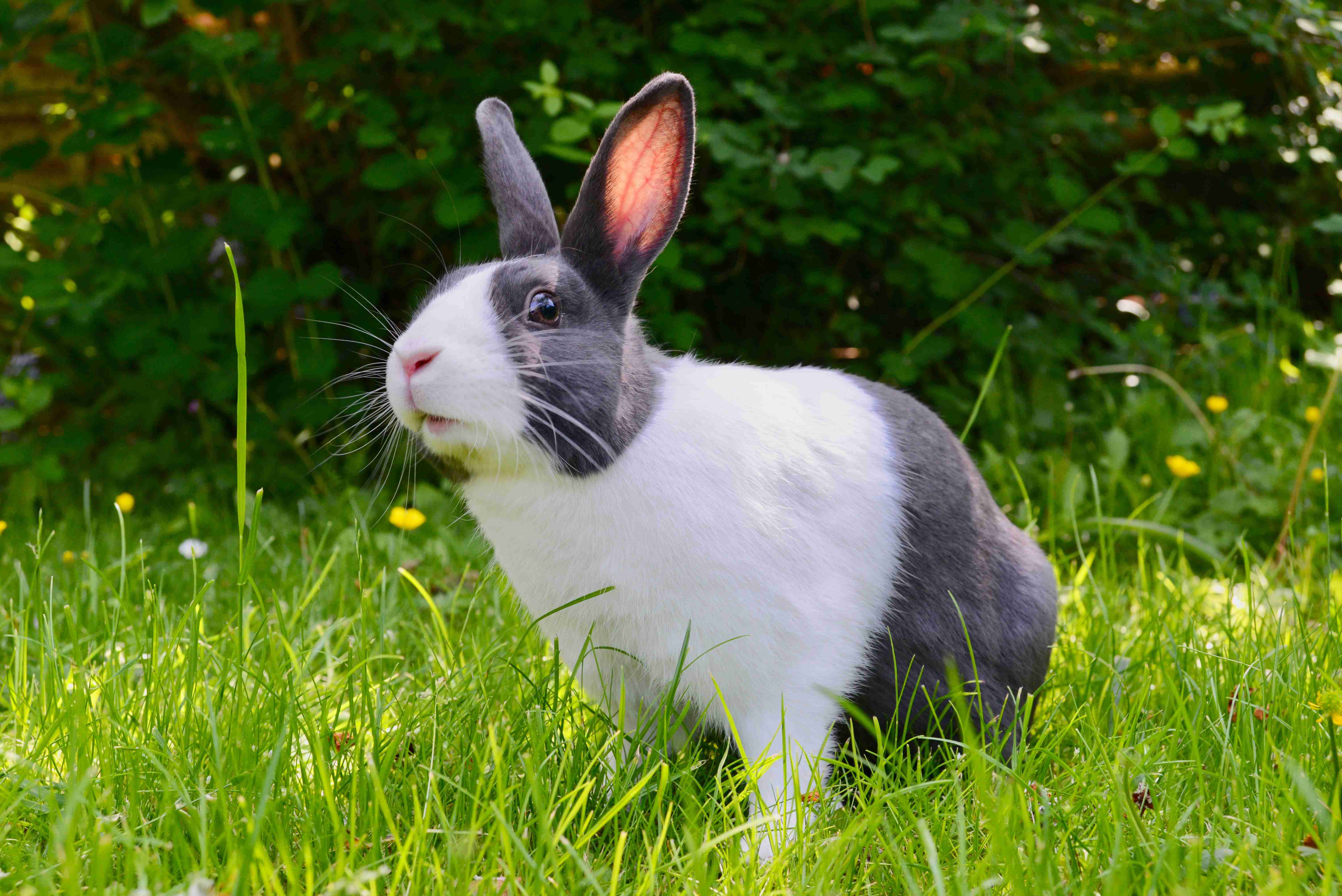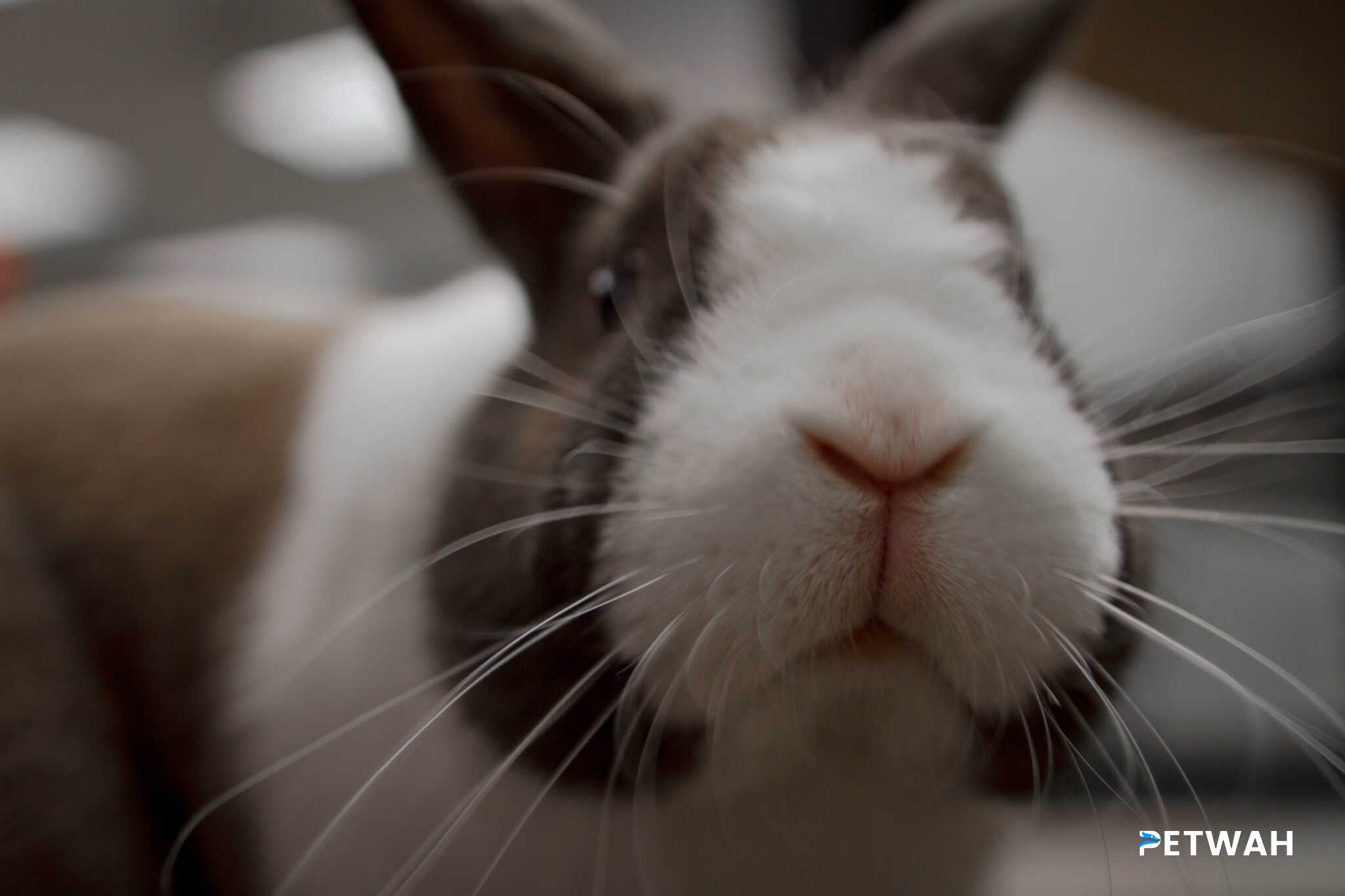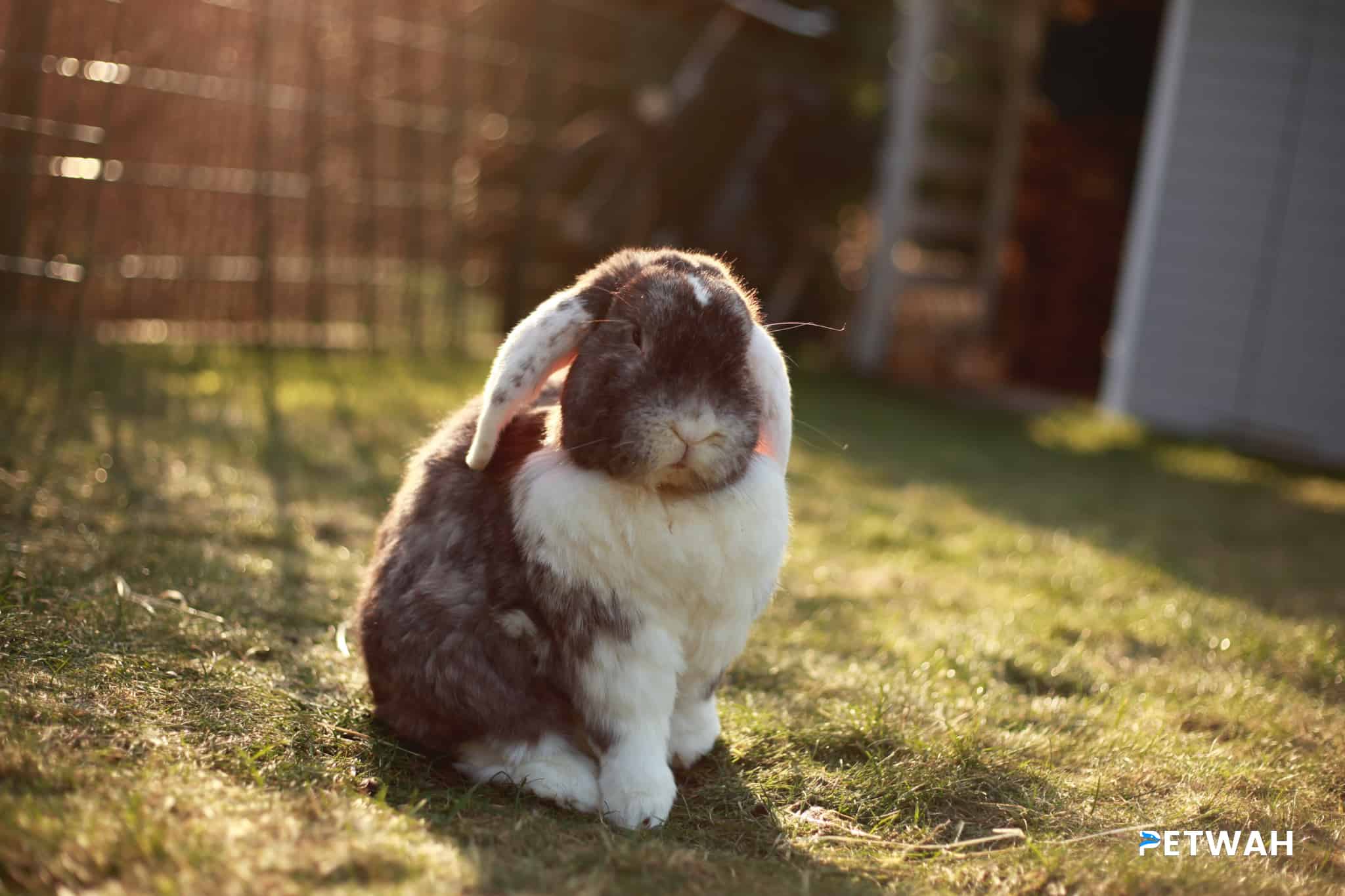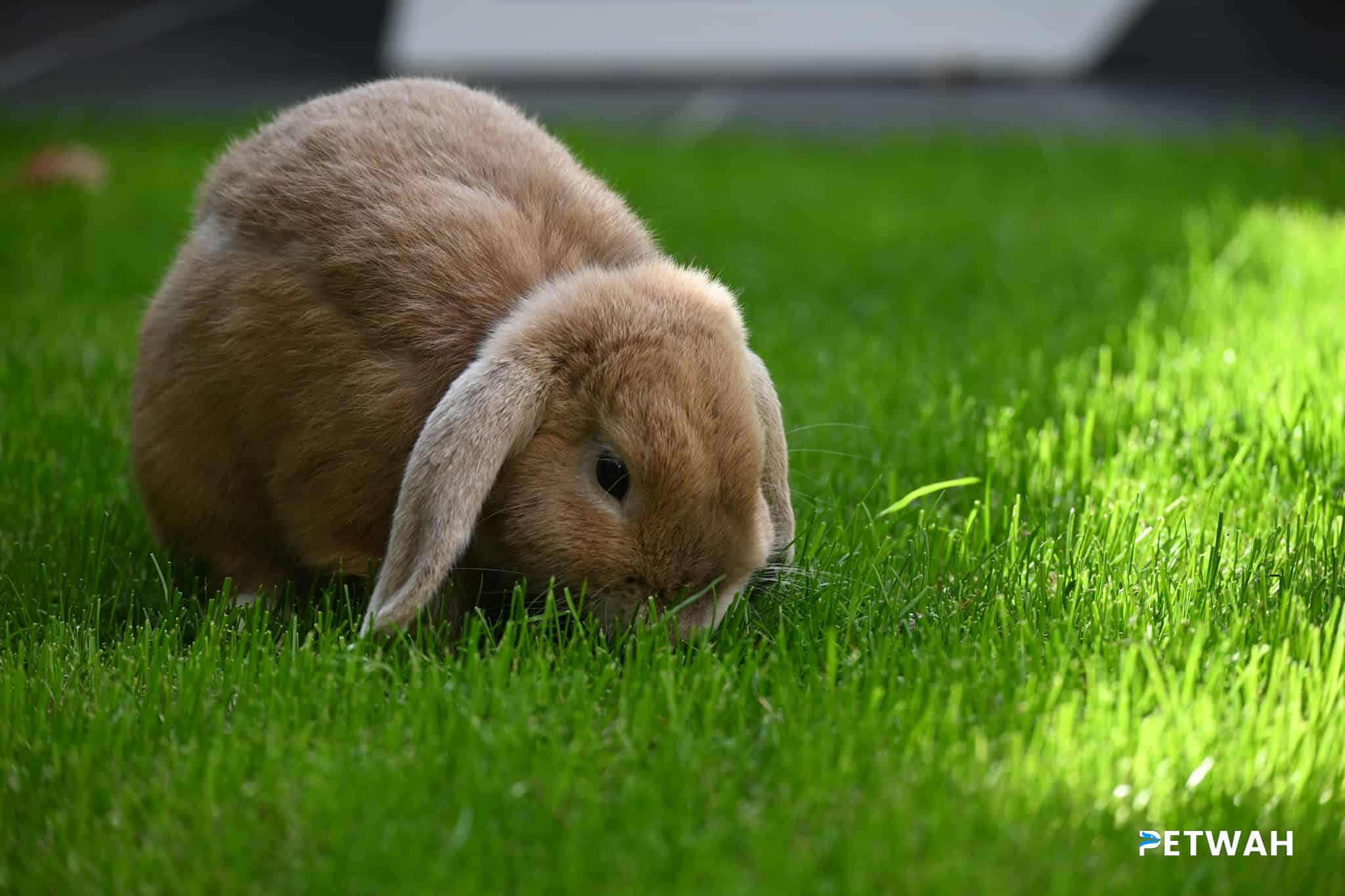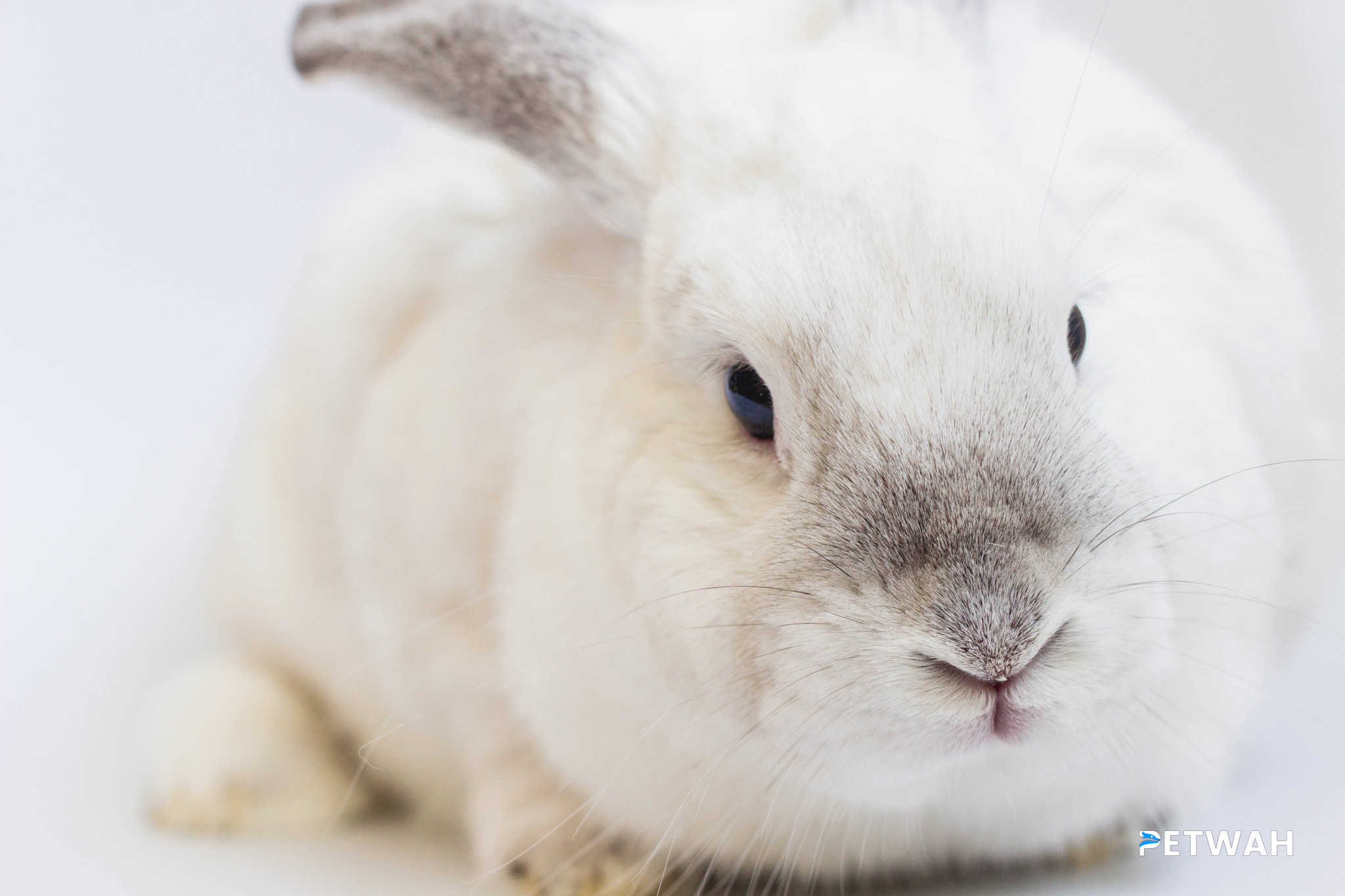If you’re a proud pet parent of a furry little rabbit, you’ll know that these adorable creatures can bring so much joy and happiness into your life. However, just like any other animal, rabbits can fall sick too. One common health issue that many pet rabbit owners may not be aware of is urinary tract infections or UTIs. These infections can be quite uncomfortable and painful for your furry friend and can lead to potentially serious health problems if left untreated. In this blog post, we’ll dive into the topic of urinary tract infections in pet rabbits, their causes, symptoms, and treatment options, so you can ensure your bunny stays healthy and happy.
Possible main content:
Urinary tract infections (UTIs) are a common health issue that affects many animals, including pet rabbits. As a responsible rabbit owner, it’s important to be aware of the signs, causes, and treatment options for UTIs, as well as the preventive measures that can help reduce the risk of this condition. In this article, we’ll explore the topic of UTIs in pet rabbits in more detail, from the anatomy of their urinary system to the symptoms of UTIs and the best ways to manage them.
Anatomy of Rabbit Urinary System
To understand how UTIs can affect rabbits, it’s helpful to know a little bit about their urinary system. Rabbits have two kidneys that filter waste products from the blood and produce urine, which then flows through two ureters into the bladder. Unlike some other animals, rabbits have a very small bladder that can only hold a small amount of urine at a time. This means that rabbits need to urinate frequently, usually several times a day, to avoid bladder discomfort and potential complications. The urine then exits the bladder through the urethra, which is a narrow tube that leads to the genital area. In female rabbits, the urethra is shorter and wider than in males, which makes them more prone to UTIs.
Causes of Rabbit UTIs
UTIs in rabbits can have various causes, such as bacterial infections, bladder stones or sludge, trauma, or underlying diseases. Bacterial infections are the most common cause of UTIs in rabbits, and they can be caused by different types of bacteria that enter the urinary tract from the outside or from other parts of the body. Some factors that can increase the risk of bacterial UTIs in rabbits include poor hygiene, overcrowded living conditions, stressful events, or hormonal changes. Bladder stones or sludge, which are small mineral deposits that can form in the bladder or urethra, can also irritate the urinary tract and lead to infections. Trauma to the urinary system, such as from rough handling, can cause inflammation and damage that can make the rabbits more vulnerable to UTIs.
Symptoms of Rabbit UTIs
UTIs in rabbits can manifest in various ways, depending on the severity and location of the infection. Some common signs of UTIs in rabbits include:
.jpg)
– Straining to urinate or defecate
– Blood in the urine or on the fur around the genital area
– Reduced or absent urination
– Urinating outside the litter box
– Lethargy, loss of appetite, or weight loss
– Painful or swollen belly
– Inability to groom or clean the genital area
– Foul-smelling or cloudy urine
If you notice any of these signs in your rabbit, it’s important to seek veterinary care as soon as possible. UTIs can quickly become serious if left untreated, and they can cause complications such as bladder rupture, kidney damage, or systemic infections.
Treatment of Rabbit UTIs
The treatment of UTIs in rabbits depends on the underlying cause and severity of the infection. In most cases, antibiotics are prescribed to combat the bacterial infection and prevent it from spreading. Some other supportive measures that may be recommended by the vet include pain relief, fluid therapy, or syringe feeding if the rabbit stops eating. In severe cases, hospitalization or surgery may be necessary to remove bladder stones or correct other complications.
Prevention of Rabbit UTIs
Preventing UTIs in rabbits involves several strategies that aim to reduce the risk factors and promote a healthy urinary system. Some tips for preventing UTIs in rabbits include:
– Providing clean and spacious living quarters with appropriate litter boxes and bedding
– Feeding a balanced diet that meets the rabbit’s nutritional needs and promotes dental health
– Providing fresh water at all times and ensuring that the rabbit drinks enough
– Maintaining good hygiene by cleaning the litter box and genital area regularly
– Minimizing stressors such as loud noises, sudden changes, or predator threats
– Monitoring the rabbit’s behavior and health status regularly and seeking veterinary care promptly if any concerns arise
By following these preventive measures, you can help your pet rabbit stay healthy and avoid potty problems such as UTIs.
Overall, UTIs are a common and treatable condition in pet rabbits that require prompt attention and appropriate care. By understanding the causes, symptoms, and treatment options for UTIs, you can be better prepared to protect your rabbit’s health and well-being. Remember to consult with your vet if you have any questions or concerns about your rabbit’s urinary system or behavior. With proper care and attention, your pet rabbit can enjoy a happy and healthy life.
In conclusion, urinary tract infections can be a serious concern for pet rabbits. As a rabbit owner, it is essential to keep an eye on your rabbit’s behavior and potty habits. If you suspect that your rabbit may be suffering from a UTI, don’t wait to seek veterinary care. With prompt diagnosis and treatment, your furry friend can be on the road to a speedy recovery. Remember to always provide your rabbit with a clean and comfortable living environment, plenty of fresh water, and a healthy diet to help keep them happy and healthy.


.jpg)
.jpg)
